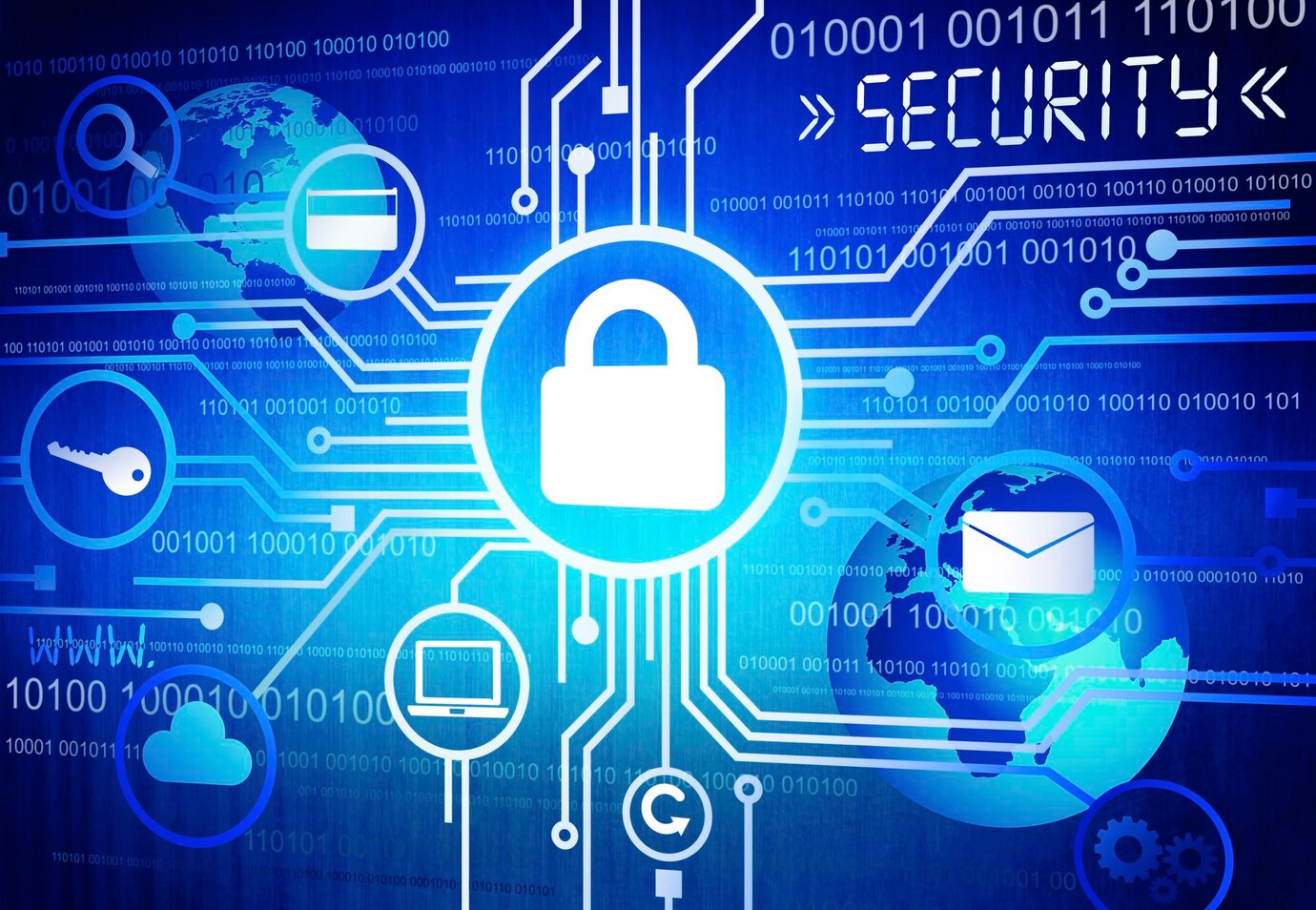
In today’s digital era, securing sensitive data and preventing cyber-attacks is of paramount importance. For any organization, a security breach can cause significant financial, reputational, and operational damage. One of the most effective ways to safeguard your infrastructure and ensure robust protection against potential threats is through regular security audits. This blog will explore how security audits help in building resilient defense systems, their importance, and how businesses in Hyderabad can enhance their cybersecurity posture.
A security audit is a comprehensive assessment of a company's information systems, networks, and practices. It aims to identify vulnerabilities, threats, and compliance issues to ensure the organization’s defenses are up to standard. By evaluating security measures, businesses can detect weaknesses in their systems and make informed decisions on improving their security architecture. Regular security audits help keep defenses updated against evolving cyber threats, making them a vital part of any cybersecurity strategy.
Security audits serve as the first line of defense against cyber-attacks. With the ever-increasing sophistication of hacking techniques, businesses need proactive measures to safeguard their digital assets. These audits provide insight into potential vulnerabilities, identify weaknesses before attackers do, and ensure compliance with relevant security standards. Organizations in Hyderabad can ensure the protection of sensitive customer data, intellectual property, and financial information through regular audits, preventing the risks associated with data breaches.
There are several types of security audits that organizations can perform based on their specific needs:
A thorough security audit consists of various elements:
During a security audit, cybersecurity experts will scrutinize your IT infrastructure, systems, and protocols to detect vulnerabilities. This may involve testing security features like firewalls, encryption protocols, and access controls. Early detection of weak spots in your system helps prevent exploits by malicious actors. A security audit can reveal hidden risks such as outdated software, insecure APIs, or inadequate encryption, all of which can be corrected before they are exploited.
One of the primary benefits of conducting security audits is risk mitigation. By uncovering vulnerabilities and evaluating the severity of each threat, businesses can prioritize actions based on the level of risk they pose. Security audits allow you to mitigate potential damages from cyber-attacks by implementing necessary improvements in time. Proactive mitigation measures ensure the protection of valuable assets, making it harder for hackers to penetrate your systems.
Most industries have established security standards and regulations that organizations must follow. Regular security audits ensure your business remains compliant with these guidelines. For example, the financial sector mandates strict cybersecurity measures to protect sensitive customer information, and a security audit can help ensure these measures are being met. Organizations in Hyderabad, like those in the healthcare or e-commerce sectors, must comply with various local and international security laws, which security audits help facilitate.
Security audits don’t just identify technical vulnerabilities but also foster a security-conscious culture within an organization. When businesses prioritize security audits, they signal to their employees the importance of following security protocols. Audits often result in improved security training for staff, better practices for handling sensitive data, and a heightened awareness of potential threats. Creating a culture of security awareness strengthens your organization’s defense systems from within.
While security audits may seem like an upfront investment, they are an extremely cost-effective strategy in the long run. Identifying weaknesses early prevents costly data breaches, system downtime, and reputational damage. The cost of recovering from a cyber-attack can far exceed the cost of conducting a security audit. For businesses in Hyderabad, where cybersecurity threats are on the rise, investing in regular audits is a wise financial decision.
Security audits typically begin with a consultation where auditors understand the organization’s specific security needs. Next, they conduct a comprehensive assessment of systems, networks, and protocols. The audit process also includes evaluating existing security policies and procedures. Afterward, auditors provide a detailed report outlining identified vulnerabilities, suggested improvements, and compliance gaps. Finally, businesses implement the recommended changes to enhance their security posture.
Security audits are often carried out using specialized tools that scan systems for vulnerabilities. Some of the popular tools used in security audits include:
Despite their many benefits, security audits come with certain challenges. One of the key challenges is the complexity of assessing large, diverse IT environments. The sheer volume of systems, applications, and data can make audits time-consuming. Moreover, maintaining objectivity during audits is crucial to avoid conflicts of interest. Businesses must also ensure they have access to the right talent and resources for a successful audit. Engaging expert security services in Hyderabad can mitigate these challenges and ensure a smooth audit process.
Security audits are not a one-time task. They should be part of an ongoing process of continuous improvement. Regular audits ensure that defenses stay up-to-date in the face of evolving threats. By conducting audits periodically, businesses can track the effectiveness of their security measures, detect new risks, and refine their strategies to address emerging vulnerabilities. A continuous improvement approach helps organizations stay ahead of potential cyber-attacks.
For businesses in Hyderabad, partnering with a professional security service provider is essential in conducting comprehensive security audits. These experts bring experience, advanced tools, and industry knowledge to the audit process, ensuring thorough assessments and recommendations. A reliable security provider will not only conduct audits but also offer ongoing support and guidance to address security challenges in real time.
In an increasingly connected world, security audits are critical for building and maintaining a robust defense system. They provide valuable insights into vulnerabilities, help mitigate risks, ensure compliance with regulations, and foster a culture of security awareness. Whether you are a small business or a large enterprise, regular security audits are necessary to protect your organization from evolving cyber threats. By leveraging expert security services in Hyderabad, you can ensure that your defenses remain strong and resilient, safeguarding your business, customers, and reputation.
@2026 Private Eye Security Services, All Rights Reserved. Developed by Starsite